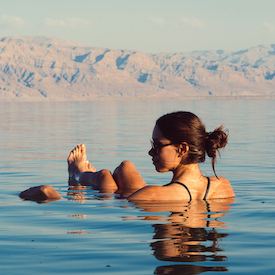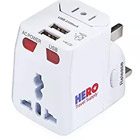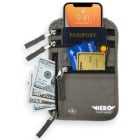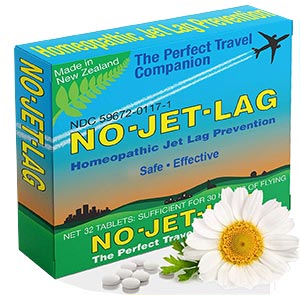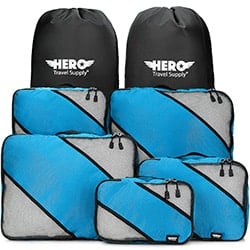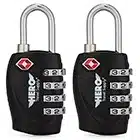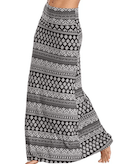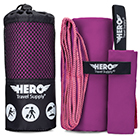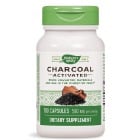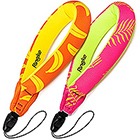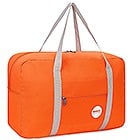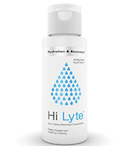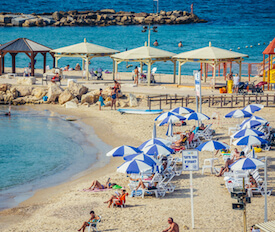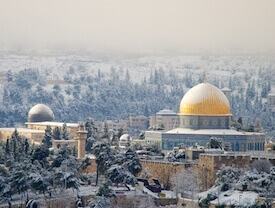Beaches – Israel is located along the Mediterranean coast and is brimming with seas and bodies of water throughout the country. You will likely have many opportunities to swim and relax at the beach, especially if you visit during summer. Bikinis and short, European-style board shorts for men are the norm throughout the country, though you should also bring a cover-up to wear if you plan to enter restaurants or beach bars along the Tel Aviv coast.
Holy Sites – Israel isn’t referred to as “The Holy Land” for nothing! The country is filled with significant historical, religious, and cultural sites dating back to the beginning of time. You are likely to encounter the typical places of worship such as synagogues, churches, and mosques, as well as important religious sites such as the Wailing Wall in Jerusalem. Women will want to bring a long skirt or dress and men will need pants or long shorts to cover the knees, though both men and women should be sure to have their chest, knees, and shoulders covered when visiting any of these types of holy destinations.
Shabbat Meal – Israel tends to be pretty casual and laid back as far as style goes, but if you are attending a Shabbat dinner, the traditional Friday night meal, you will want to make sure you look nice but not overly fancy. Men should go with a nice collared shirt and shorts or pants, and women should bring a skirt or dress.
Nightlife – Though the culture in Israel is typically laid back and casual, in the bigger cities, particularly in Tel Aviv, nightclubs and upscale bars are incredibly popular for nights out. Even Jerusalem has its fair share of nightlife options, though you won’t need to dress up quite as much as you would in Jaffa or Tel Aviv. Women should wear a stylish outfit paired with heels or nice sandals, weather permitting, and men should have a collared shirt with acceptable footwear including nice loafers or leather shoes, but not sneakers.
Hiking – Some of the most popular pastimes in Israel are hiking and outdoor activities, so you’ll want to ensure you’re comfortable and prepared to face the elements. In the summer, when visiting destinations like Masada which can be especially hot during the day, it’s important to bring sun protection in the form of a hat, sunscreen, and covered shoulders to protect from the sun’s intense rays. The hiking dress code throughout the country is casual, with people sporting typical athletic wear such as leggings, shorts, and T-shirts. A popular outdoor activity is camping or “glamping” in the Negev Desert at night which can be cold, so prepare with a lightweight fleece jacket and long pants.
Exploring the Streets – As a whole, Israelis generally prefer pretty casual dress. That said, when you’re exploring the streets of Israel, be mindful of where you’re going and if you stumble into a religious neighborhood, you should be sure to have something to throw on over your clothes to cover your legs and shoulders. Jerusalem tends to be a bit more conservative but in Tel Aviv, all bets are off! Shorts, tank tops, and T-shirts are the norm.




